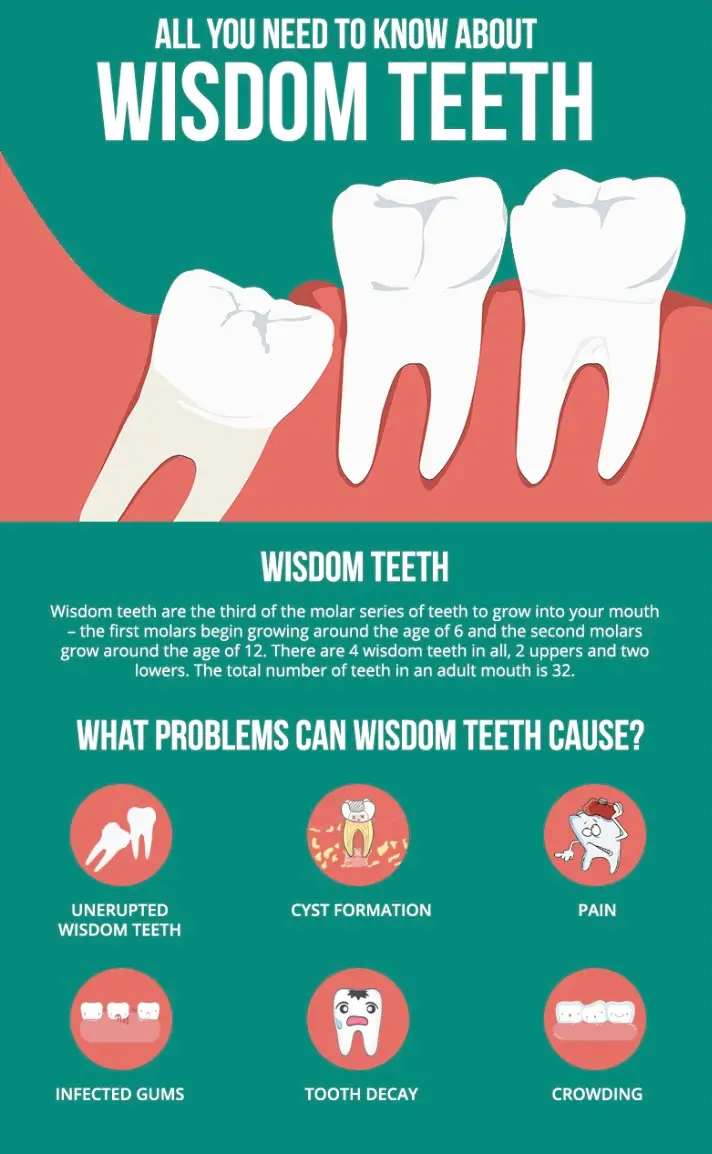Expert Wisdom Tooth Removal
Roughly 90% of adults have at least one impacted wisdom tooth, a dental problem that can lead to infection, severe pain, and may push your other teeth out of alignment. Dr. Lucia Covington at Waccamaw Oral Surgery & Medical Spa specializes in the surgical removal of wisdom teeth. If you have symptoms or questions about whether your wisdom teeth require extraction, call the office in Murrells Inlet, South Carolina to book an appointment.

What are wisdom teeth?
Wisdom teeth, called third molars, are the final set of molars to appear. If they grow in normally, they erupt between the ages of 17-21, but they often don’t come in because there isn’t enough space in your jaw. It is recommended to remove wisdom teeth at ages 15-18 to minimize postoperative risks.
What is an impacted wisdom tooth?
An impacted tooth is any tooth that can’t grow into its normal position. As a result, it presses against surrounding teeth.
When wisdom teeth become impacted, they may come in crooked (misaligned), break partially through the gum, grow in at an angle, or grow in sideways as if they’re lying down. Even when they grow straight up, they can still stay trapped in the jawbone.
Impacted wisdom teeth may lead to dental problems such as:
- Malocclusion or misalignment as they crowd or push neighboring teeth
- Infection in the gum and surrounding bone
- Growth of fluid-filled cysts that can destroy the jawbone
- Trapped food or decay in a wisdom tooth that partially erupts
- Interfering with orthodontic treatments
What type of anesthesia is available during extraction?
Before your surgery, Dr. Covington talks with you about your extraction procedure, the different types of anesthesia that are available, and which of the following options may be the best choice for you:
- Local Anesthesia
- Laughing Gas
- Conscious Sedation
Dr. Covington often combines local anesthesia with laughing gas and injects it near the wisdom tooth. But she can use either one independently.
Sedation
Sedation medication may be administered intravenously. It provides deep relaxation, so if you stay awake, you’re relaxed and less aware of the procedure. You may fall asleep, but you can be easily wakened. Your breathing, temperature, blood pressure, and medication are constantly monitored.
How are wisdom teeth removed?
The exact method depends on factors like the tooth’s angle, direction, and whether it’s embedded in bone or soft tissue. Dr. Covington has extensive experience treating all levels of impaction.
During the procedure, Dr. Covington makes an incision in the gum to expose the tooth and divides the tooth into sections, so it’s easier to remove. After she extracts the tooth, the area is cleaned to be sure all tooth debris is gone.
If you’re concerned about your wisdom teeth, call Dr. Covington to schedule a dental exam.
